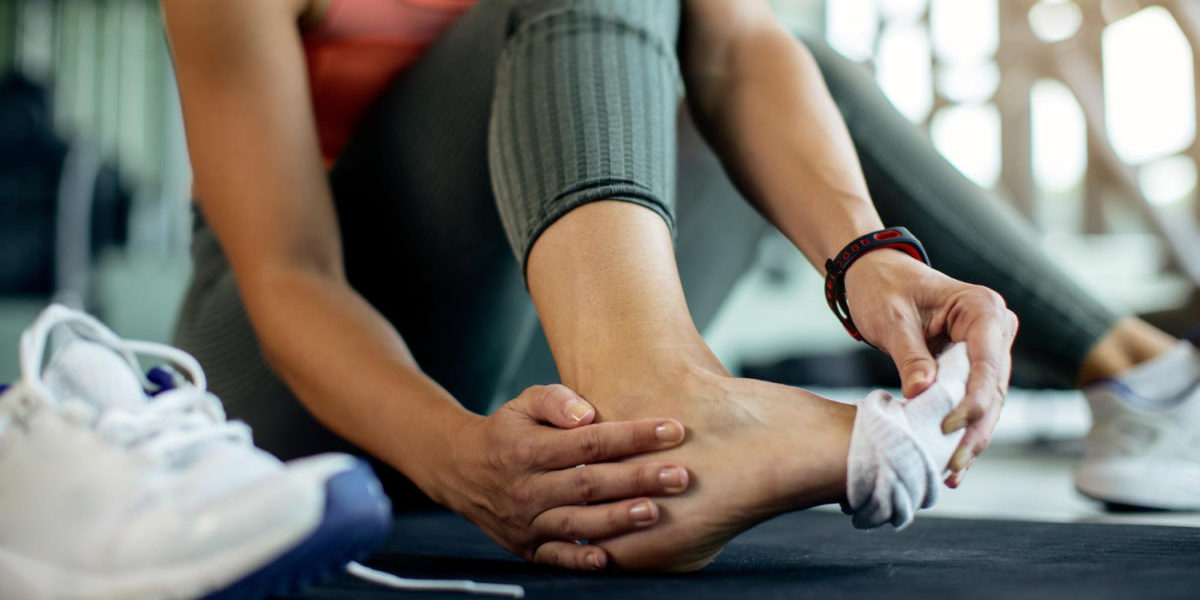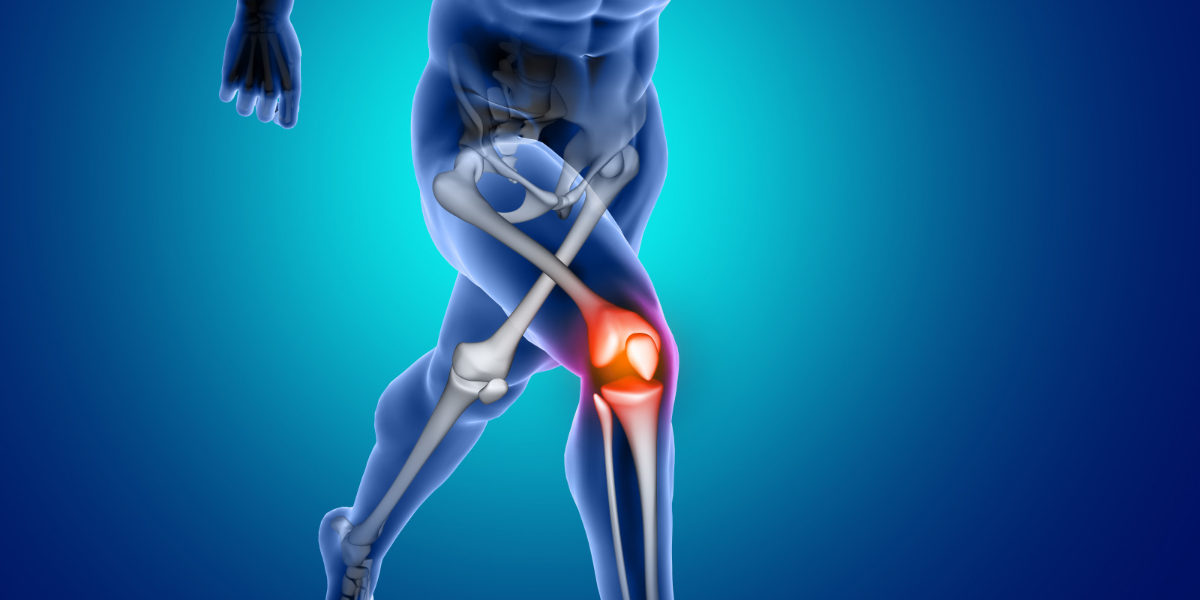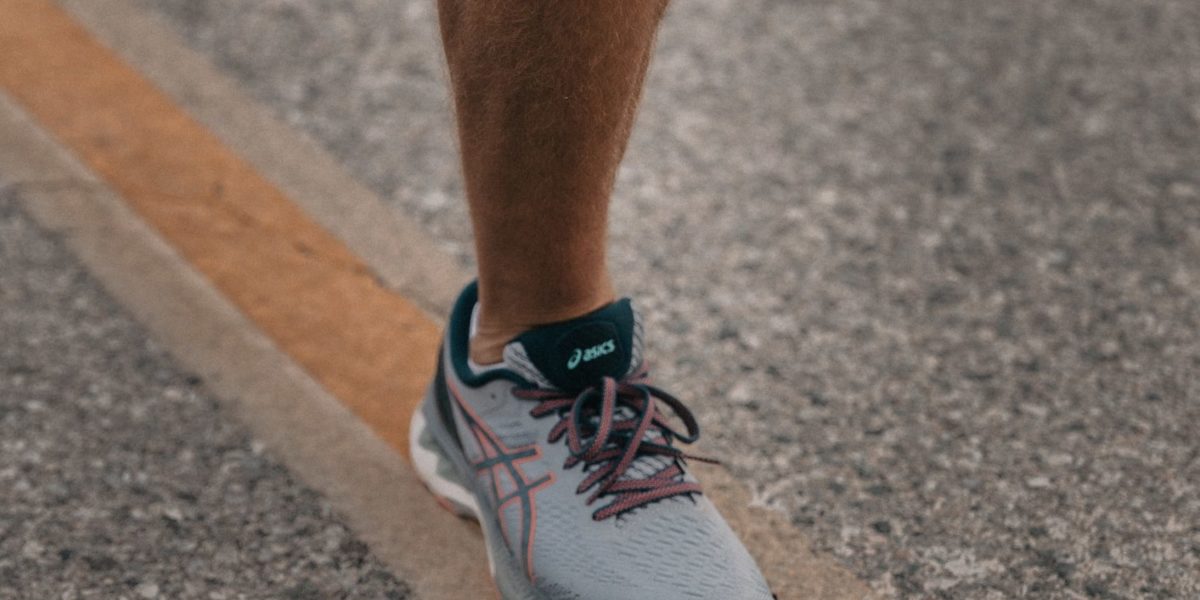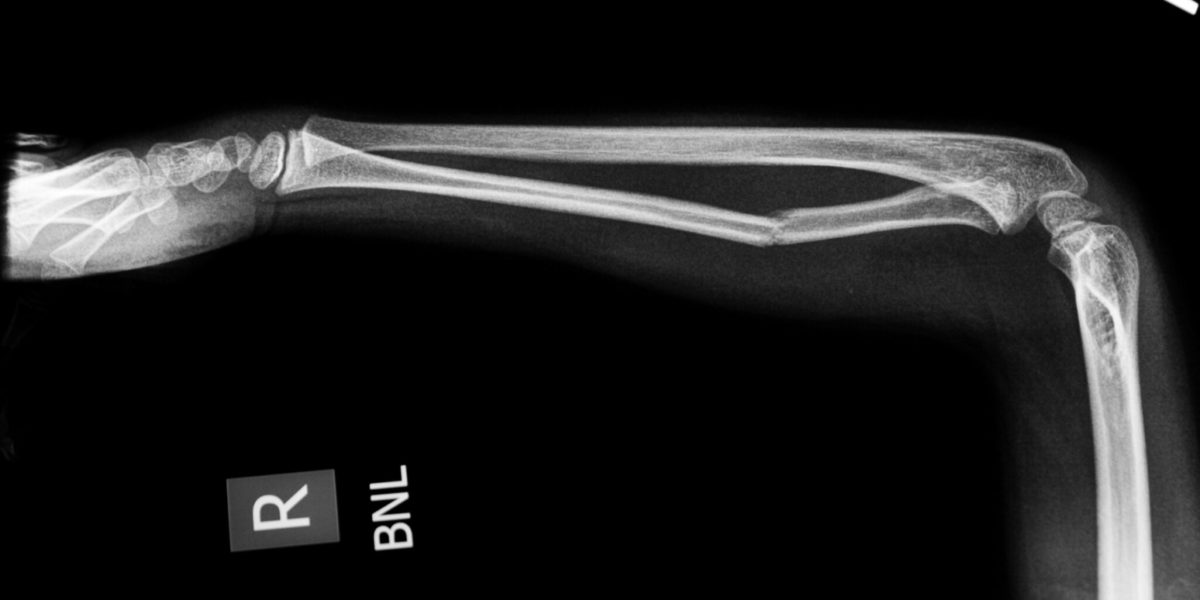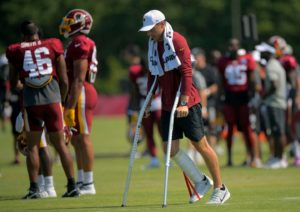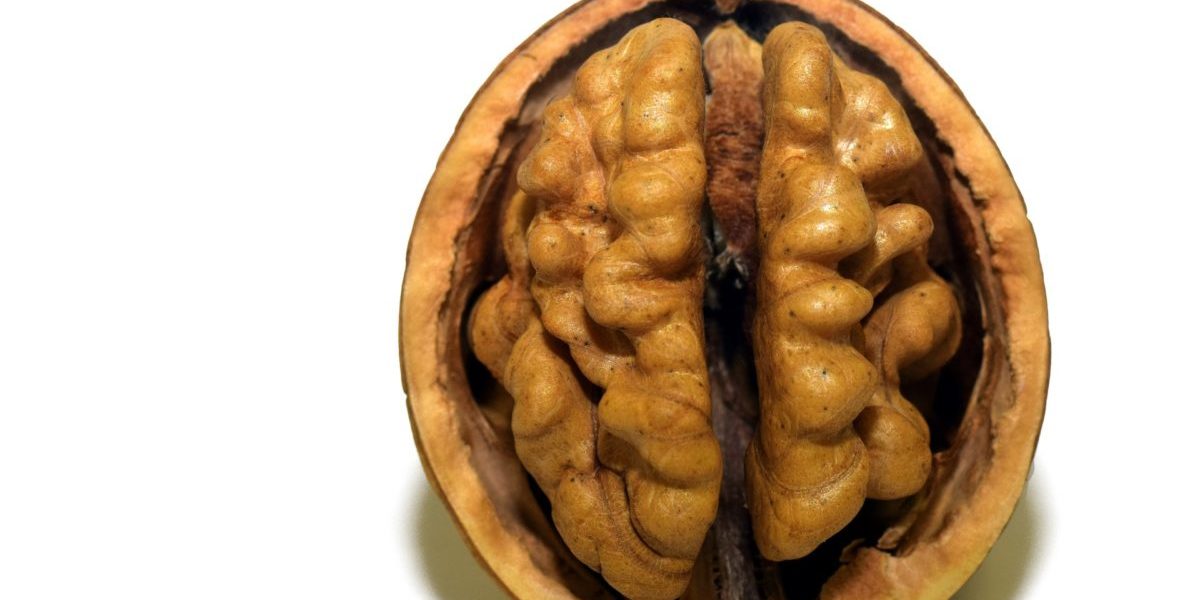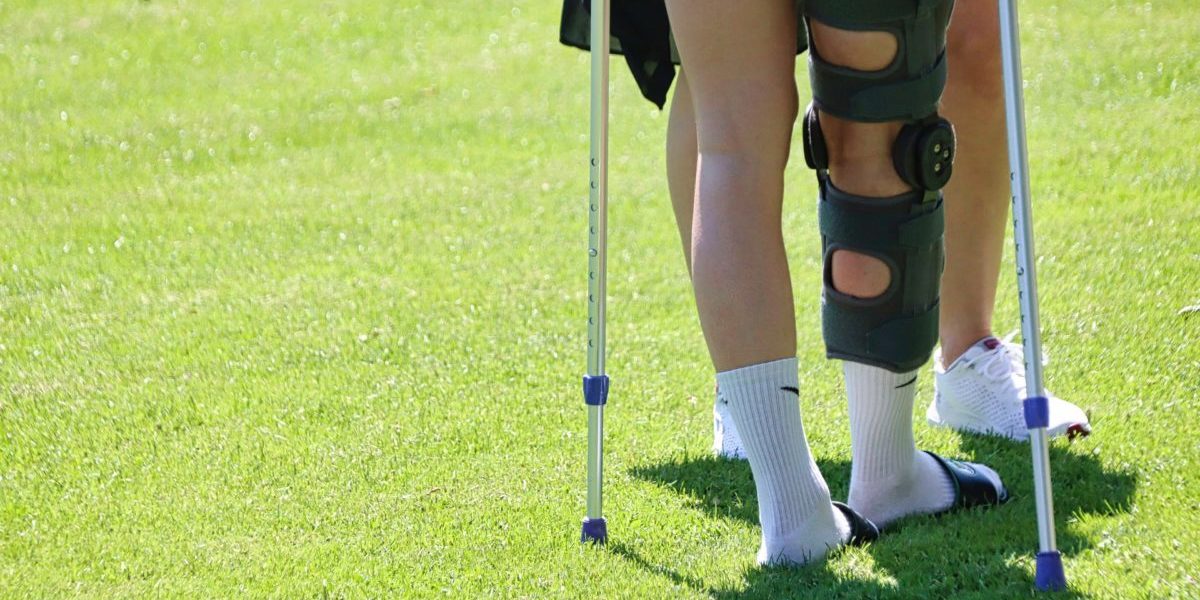Heel and foot pain are somewhat universal issues, impacting people of all different sizes and activity levels. This type of pain can be seen in obese people, who have increased strain on their feet and heels. This pain can limit their mobility, and even discourage healthy amounts of exercise. It is also common to extremely active people, such as runners or sports players. This type of pain can prevent a person from participating in the athletics that they work so hard to compete in. I experienced a great deal of heel pain during high school, which made it difficult for me to play sports such as soccer, basketball, and track and field. This was an issue I had to deal with throughout high school, however I never understood what caused this pain that kept me on the sidelines at times.
Continue reading “Hell for your Heels: Plantar Fasciitis and Heel Spurs”Category: text
Tearing and repairing the meniscus
How does someone go from being the youngest NBA MVP one year to barely making headlines the next? Ask Derrick Rose. After being named the youngest MVP in the NBA, Derrick Rose tears his ACL the next year and then tears his right meniscus twice in the span of three years. Knee injuries have not been kind to Derick Rose, but how does one tear their meniscus and how does it get repaired?
Continue reading “Tearing and repairing the meniscus”What is Tommy John surgery?
In July of 1974, Tommy John, pitcher for the Los Angeles Dodgers, felt a twinge in his throwing arm, and could no longer pitch. Dr. Frank Jobe tried a new kind of surgery on John’s elbow, and after missing only one season, Tommy John returned to the mound in 1976 and continued pitching until 1989.
How?
Continue reading “What is Tommy John surgery?”What Makes Someone More Likely to Tear Their UCL?
It takes a lot to make a professional athlete collapse to the ground during a game. After throwing a pitch on September 14, 2019, Toronto Blue Jays pitcher Tim Mayza knelt on the side of the mound while clutching his arm, expecting the worst. The next day, MRI revealed that what he had feared: Mayza had torn his Ulnar Collateral Ligament (UCL).
Continue reading “What Makes Someone More Likely to Tear Their UCL?”A Mystery: How Can Distance Runners Avoid the Most Common and Dreaded Injury?
Stress fractures are small cracks in the bone produced by repetitive stress. The most common locations include the tibia, fibula, and navicular bone. An article by Crowell and Davis on gait analysis stated the occurrence of bone stress injuries in track and field athletes (male and female) to be as high as 21%. Furthermore, approximately 50% of female track and field athletes have had at least one stress fracture. Bone stress injuries can have a devastating effect on the athlete, their team, and the willingness of these runners to continue to compete. The only treatment for stress fractures is to completely stop running for an average of 6-8 weeks. Runners have no clear and confirmed guidance on injury prevention or appropriate volume of training.
Continue reading “A Mystery: How Can Distance Runners Avoid the Most Common and Dreaded Injury?”Why do bone fractures take a long time for healing?
Have you observed that someone around you has broken their arms or legs? Bone fracture is a complete or incomplete break of bone continuity. And it is very common in our daily lives that there are more than 3 million cases in the U.S. per year. Many events may cause bone fractures, such as falls, car accidents or sports injuries. So, do you know how long it takes for the fracture to heal?
Continue reading “Why do bone fractures take a long time for healing?”The Mystery Behind the ‘Folded’ Brain
Have you ever wondered why one of the most mysterious organ in our body, the brain, has a distinctive shape which has a strong resemblance to a walnut? Or, what are the major factors that could play a significant role in developing its particular shape, with crests and valleys, that wires our motions, senses, feelings and thoughts, which makes each one of us a unique human being?
Continue reading “The Mystery Behind the ‘Folded’ Brain”Canine Hip Dysplasia: What You Should Know
Canine hip dysplasia (CHD) is a degenerative hip disease that tends to develop in large breed dogs, such as the Bernese Mountain Dog, affectionately referred to as Berners. CHD significantly decreases the quality of life of a dog and often leads to complete immobility if left untreated. Experts estimate that about 28% of Berners are affected by dysplastic hips, making them the 8th most susceptible dog breed.
Continue reading “Canine Hip Dysplasia: What You Should Know”Look Strong, Be Strong, or Be Safe?: The Perils of a New Deadlifter
So, you’ve started deadlifting, but you’re not sure if you’re just weak, or if you’re going to break your spine, and there are plenty of “gym bros” slamming the weights, grunting, and walking around wearing equipment (wrist straps and back belts) that says “I’m literally too strong for my own body.” So, what do you do? Do you need to buy that stuff too?
This blog post will walk you through a biomechanical analysis of the deadlift while wearing supportive equipment, in the hopes of helping you face this daunting task.
Continue reading “Look Strong, Be Strong, or Be Safe?: The Perils of a New Deadlifter”Brace yourself… You might need surgery
A surgery? For my PCL? Could be more likely than you think.
Usually hiding behind it’s annoying and commonly ruptured brother the ACL, the PCL (posterior cruciate ligament) is a durable ligament that usually doesn’t cause problems for athletes… until it does.
Continue reading “Brace yourself… You might need surgery”